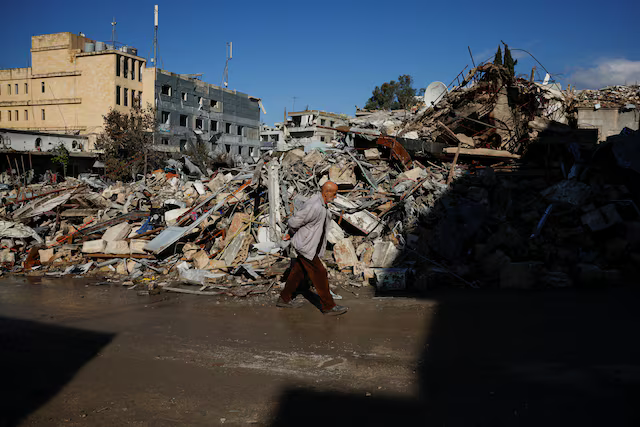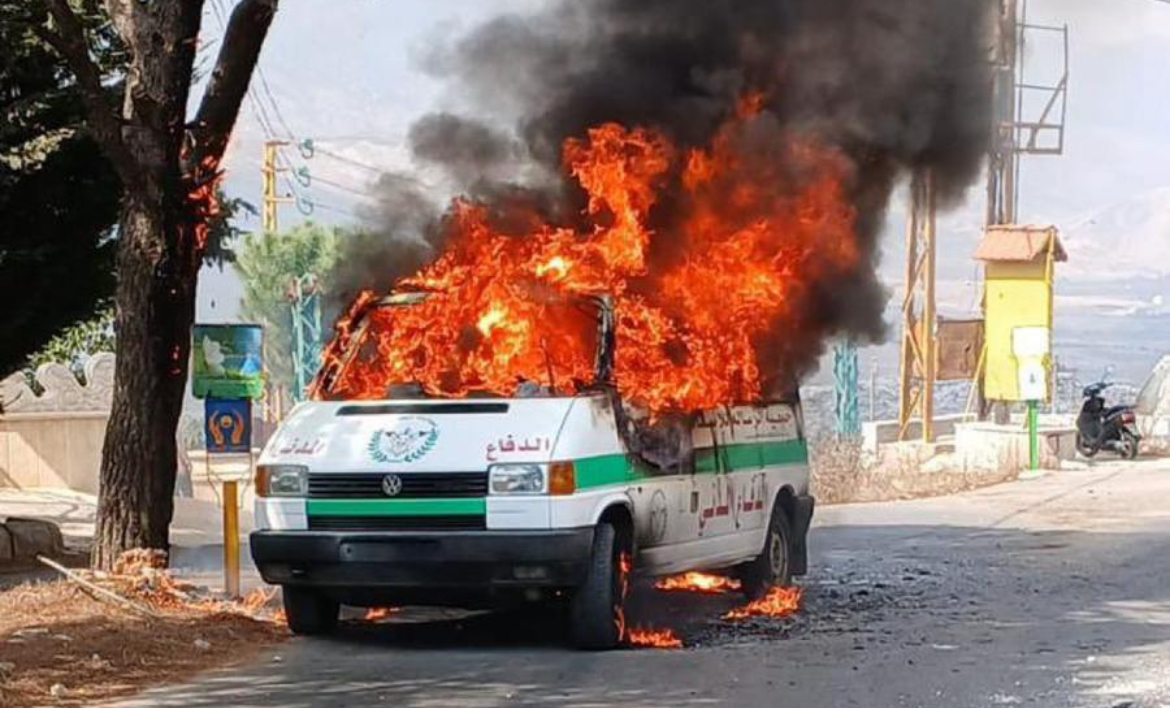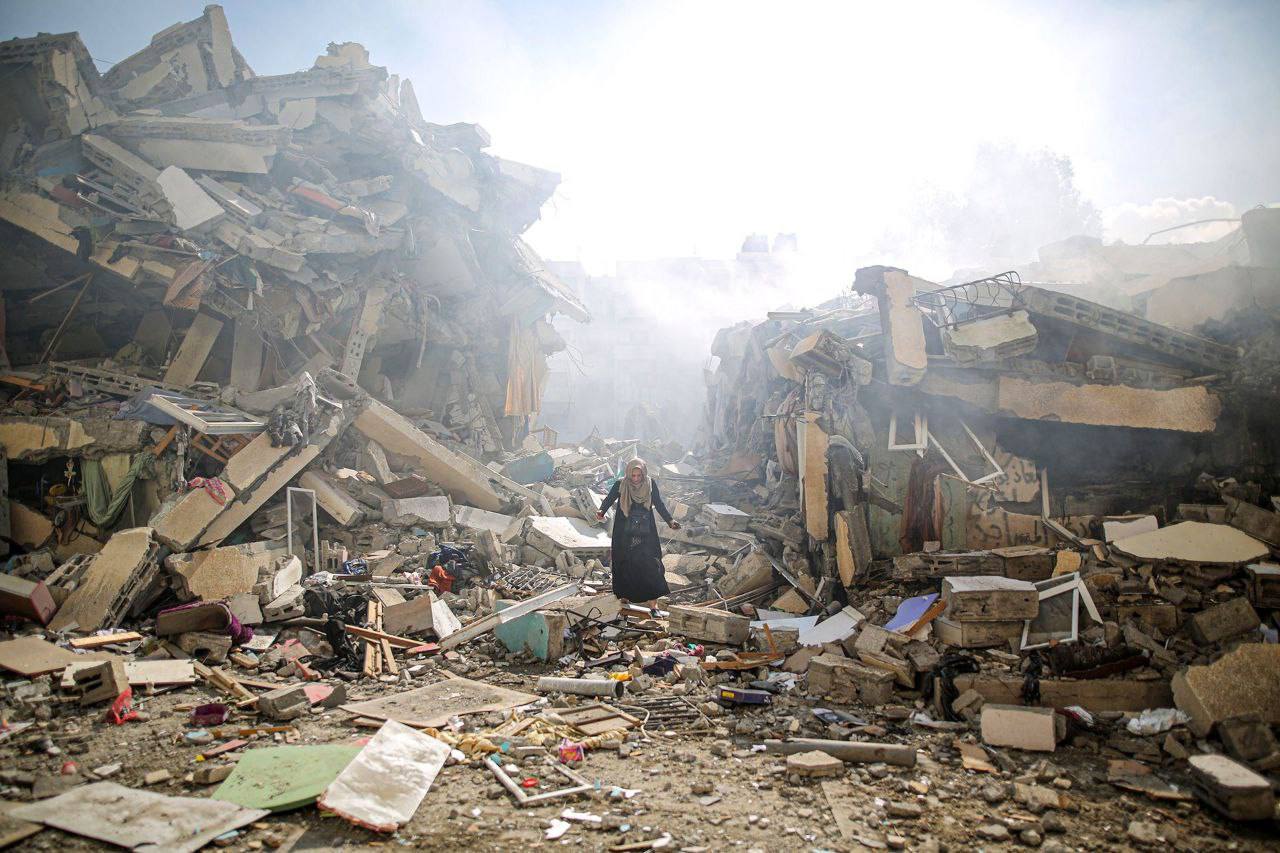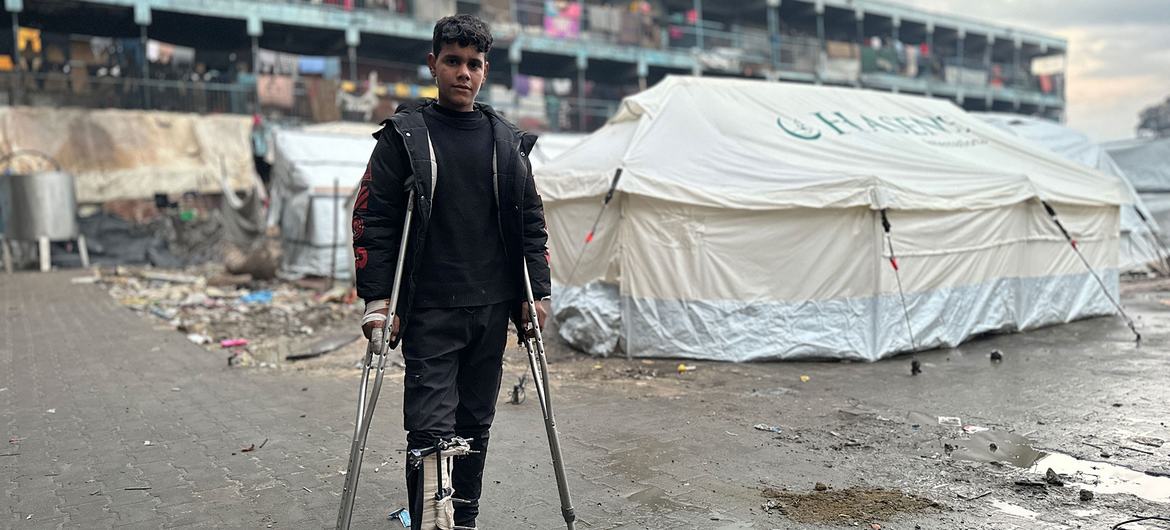Israel Culprit in Ceasefire Breaking With Lebanon
Israel’s ongoing violations of its ceasefire agreement with Lebanon, despite it coming into effect at dawn on Wednesday 27 November 2024, raise grave concerns.
Israel had violated the ceasefire agreement 18 times in southern Lebanon as of the evening of Thursday 28 November, including conducting an airstrike in the Bisariyeh area of Sidon and shelling border villages with artillery, resulting in the injury of two people in the town of Markaba.
The Israeli army escalated its attacks on Lebanese territory on Sunday 1 December, particularly the towns along the border, increasing the number of Israeli violations of the ceasefire to at least 62.
The Israeli shelling has affected several Lebanese towns, including Yaroun, Aitaroun, Aita al-Shaab, Taybeh, Khiyam, Halta, the Marjeyoun Plain, Kfar Shuba, and Shebaa. In addition, the Israeli army imposed a curfew in the area south of the Litani River from 5:00 p.m. to 7:00 a.m., and established a security cordon stretching from Mansouri in Tre to al-Habariyeh in al-Arqoub.
The Israeli army opened fire on several Lebanese individuals during a funeral procession on Friday 29 November. The procession was for one of the victims in the town, despite the necessary permits from the United Nations Interim Force in Lebanon (UNIFIL) and the Lebanese Army Command being obtained prior to the event.
Additionally, the Israeli army launched artillery shelling and machine gun fire at the town of Aita al-Shaab, as well as the outskirts of the towns of Markaba, Talousa, and Tal Nahas. Israeli tanks also advanced into areas not previously reached during the fighting that occurred before the ceasefire agreement was signed.
The Lebanese Ministry of Health has reported that three people were injured in an Israeli raid targeting a boat in the southern town of Majdal Zoun, an incident coinciding with the launch of an Israeli shell that struck the town of Khiyam. This occurred after the Israeli army shelled the outskirts of the town of Shaqra at dawn, plus fired upon the neighbourhoods of Maroun al-Ras, Bint Jbeil, and the areas surrounding the towns of Bani Hayyan and Markaba from late Friday night into early Saturday morning.
Israeli violations also led to the deaths of two individuals in a drone strike on the town of Rab al-Thalathin, one of the southern villages to which residents were prohibited from returning by the Israeli army. Another individual was injured in a separate strike on the town of al-Bissariyeh, located in the Sidon district, north of the Litani River.
Further, the Israeli army opened fire on members of the Lebanese security forces while they were inspecting the damage in Saraya Bint Jbeil, forcing them to return to the Rmeish police station. An Israeli Merkava tank also crushed several cars and surrounded multiple families in the town of Aitaroun.
The most recent attacks on southern border towns targeted the town of Khiyam, where the Israeli army demolished buildings and homes, dropping three shells on the town and its outskirts. Additionally, artillery was used to shell the outskirts of the towns of Yaroun, Maroun al-Ras, Aitaroun, and Rashaya al-Fakhar, while machine gun fire was also directed at the peripheries of these towns.
Israel’s ongoing violations of the ceasefire agreement in Lebanon represent a serious breach of its legal obligations, including international norms and laws. This unlawful use of force undermines the sovereignty of the Lebanese state. The international community and mediators must fulfill their responsibilities by compelling Israel to abide by international law and ensure the protection of civilians and civilian structures at all times.








